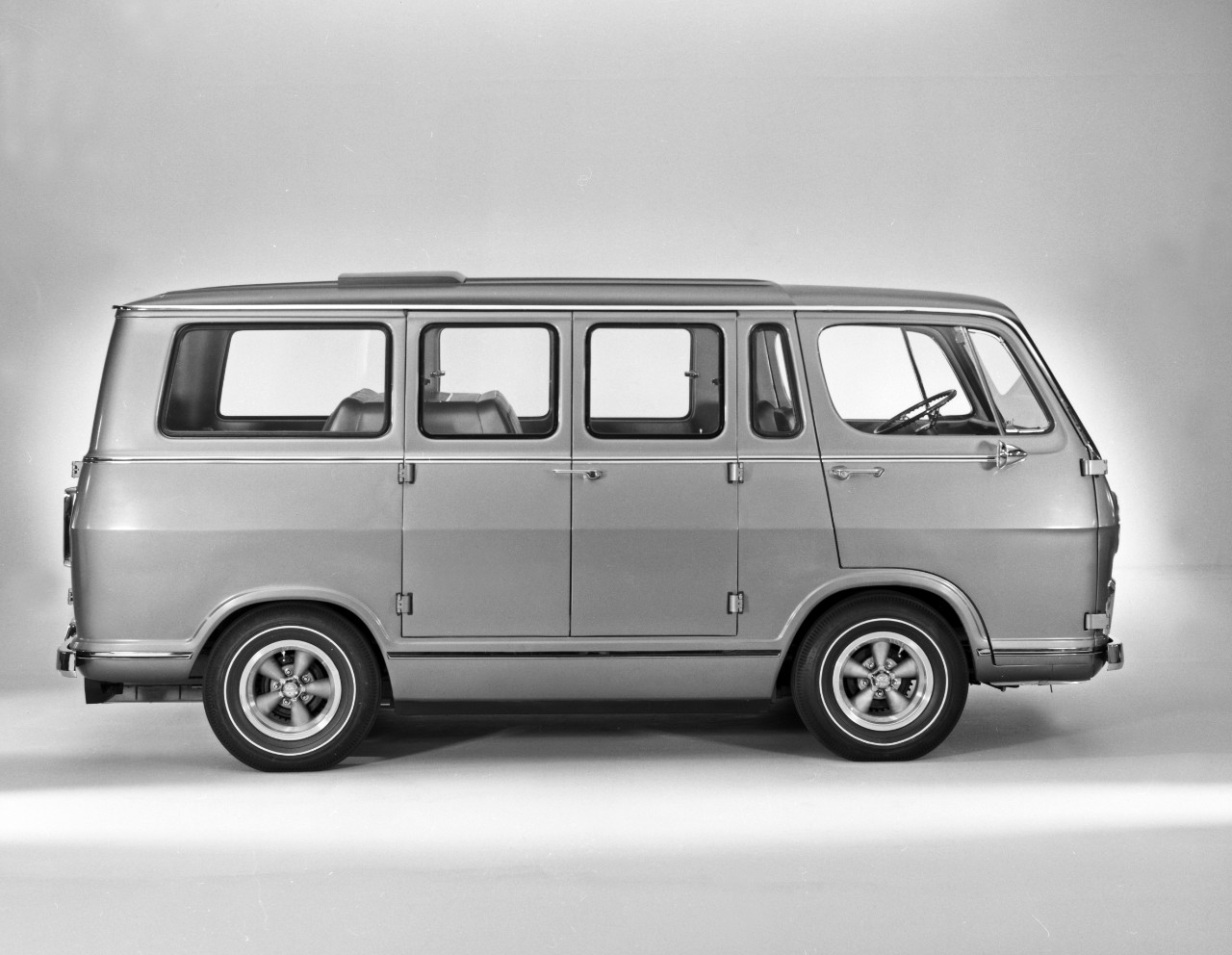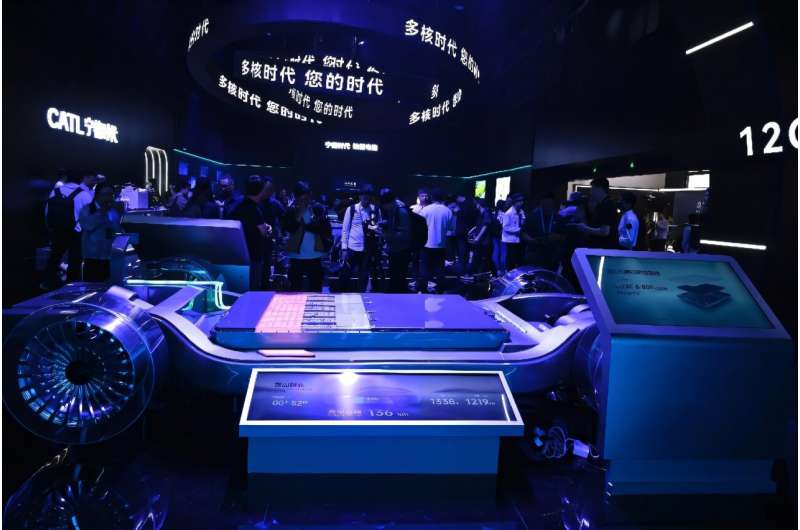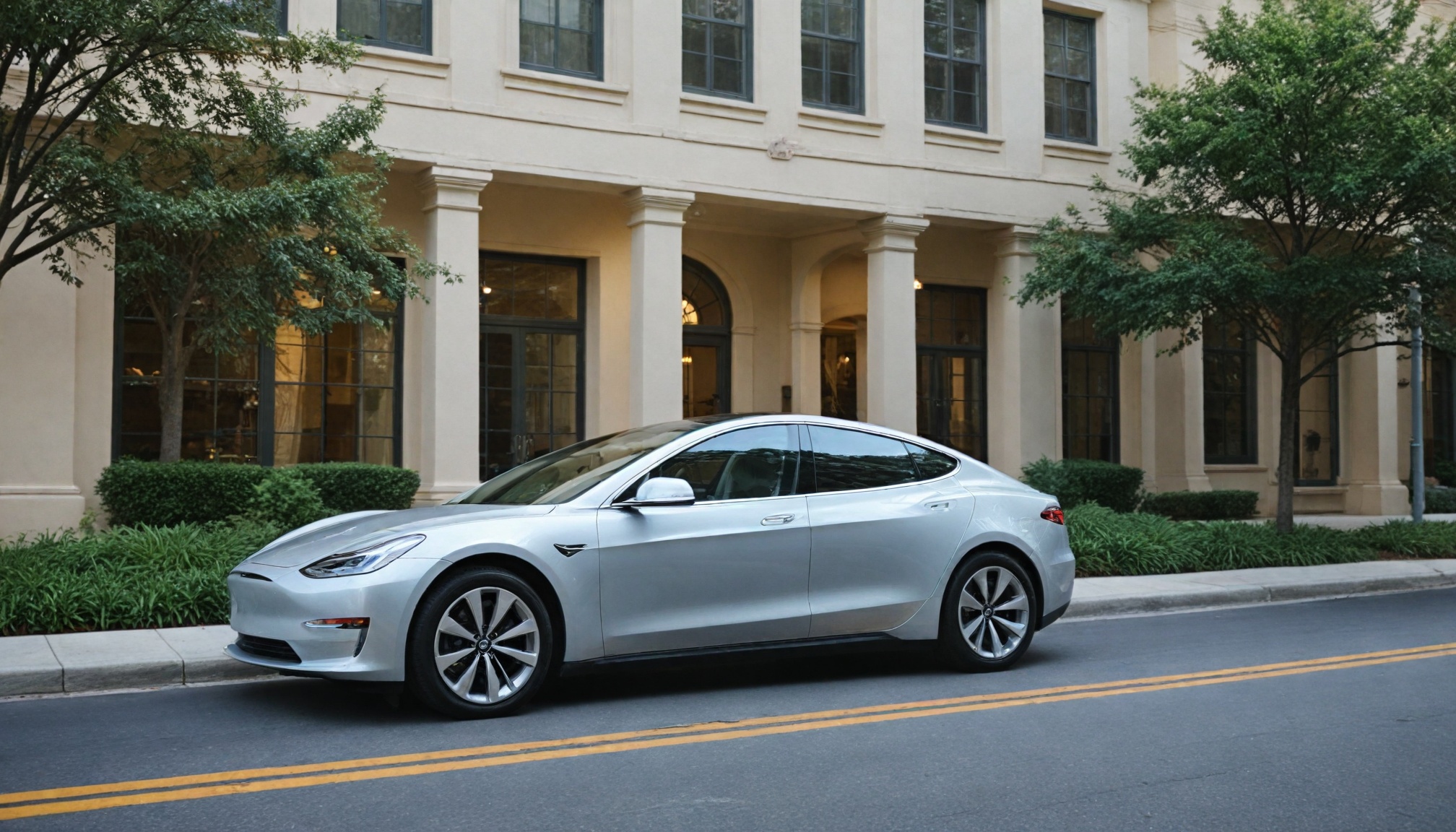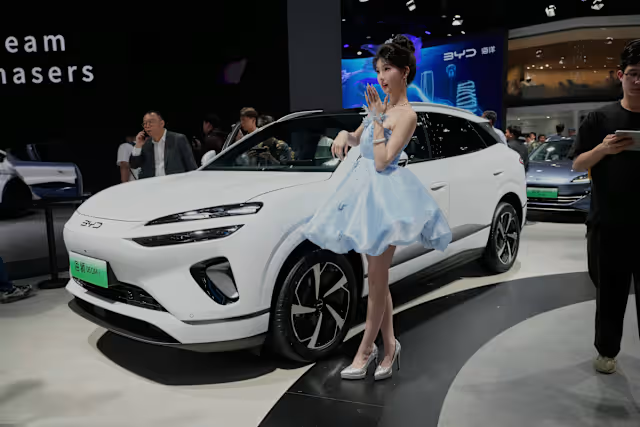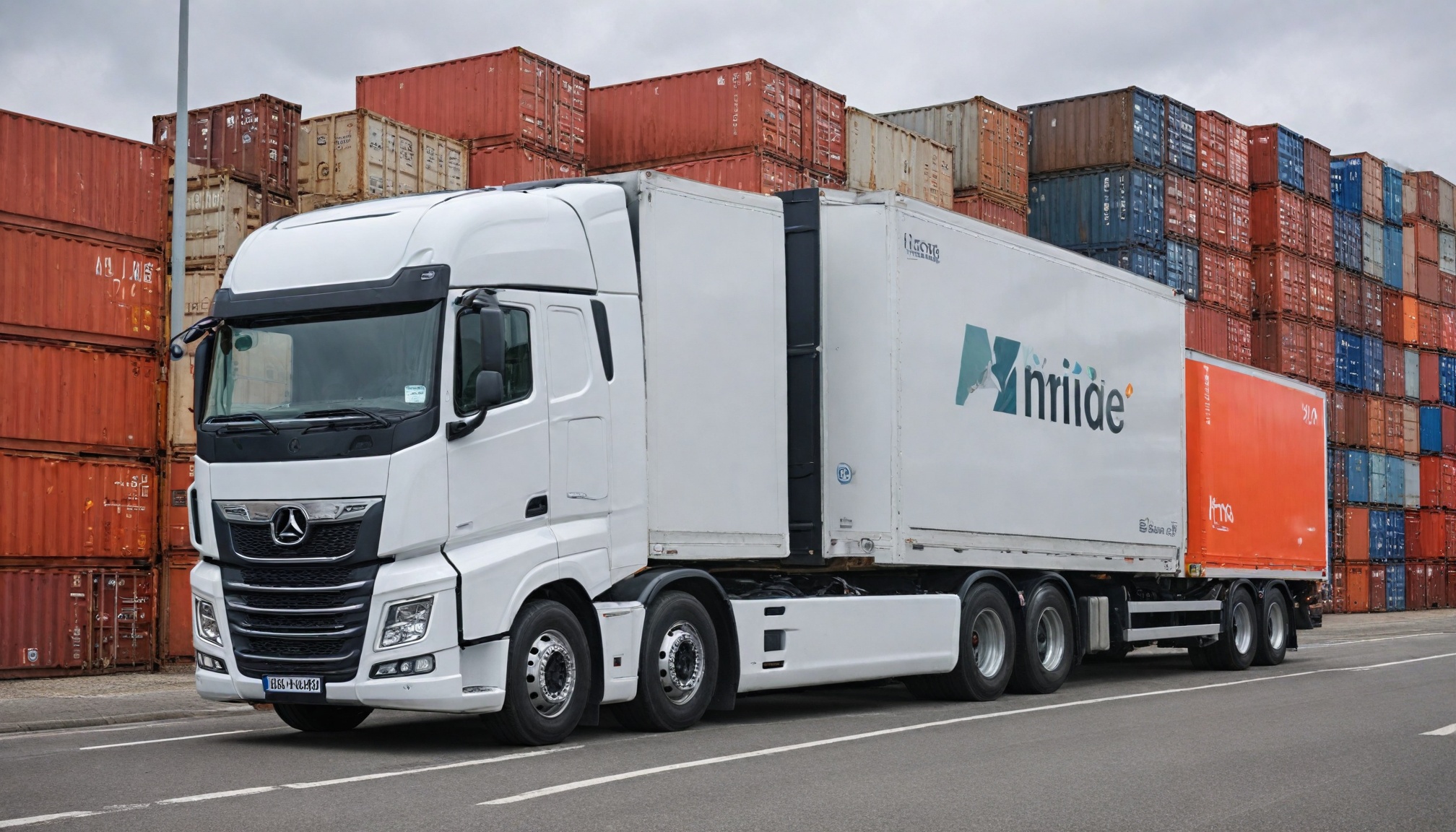
Einride deploys first Level 4 autonomous electric trucks in Europe, revolutionizing freight with lower costs and zero emissions while addressing the driver shortage crisis.

Drivetech Partners
Europe's freight industry is witnessing a revolutionary transformation with Einride's deployment of Level 4 autonomous electric trucks at major logistics hubs. The Swedish tech company has successfully launched the first fully autonomous, cabless heavy-duty truck on public roads at Belgium's Port of Antwerp-Bruges, establishing a new paradigm for sustainable and efficient freight transport across the continent.
Key Takeaways
Einride deployed the first fully Level 4 autonomous truck on a public road in Belgium in 2025
The technology provides an 8-13% lower Total Cost of Ownership compared to conventional electric trucks
Autonomous trucks offer a solution to Europe's critical driver shortage while creating new oversight roles
Belgium's progressive regulatory approach creates a blueprint for autonomous vehicle adoption across Europe
Einride's revenue doubled to SEK 500 million in 2024 despite financial challenges
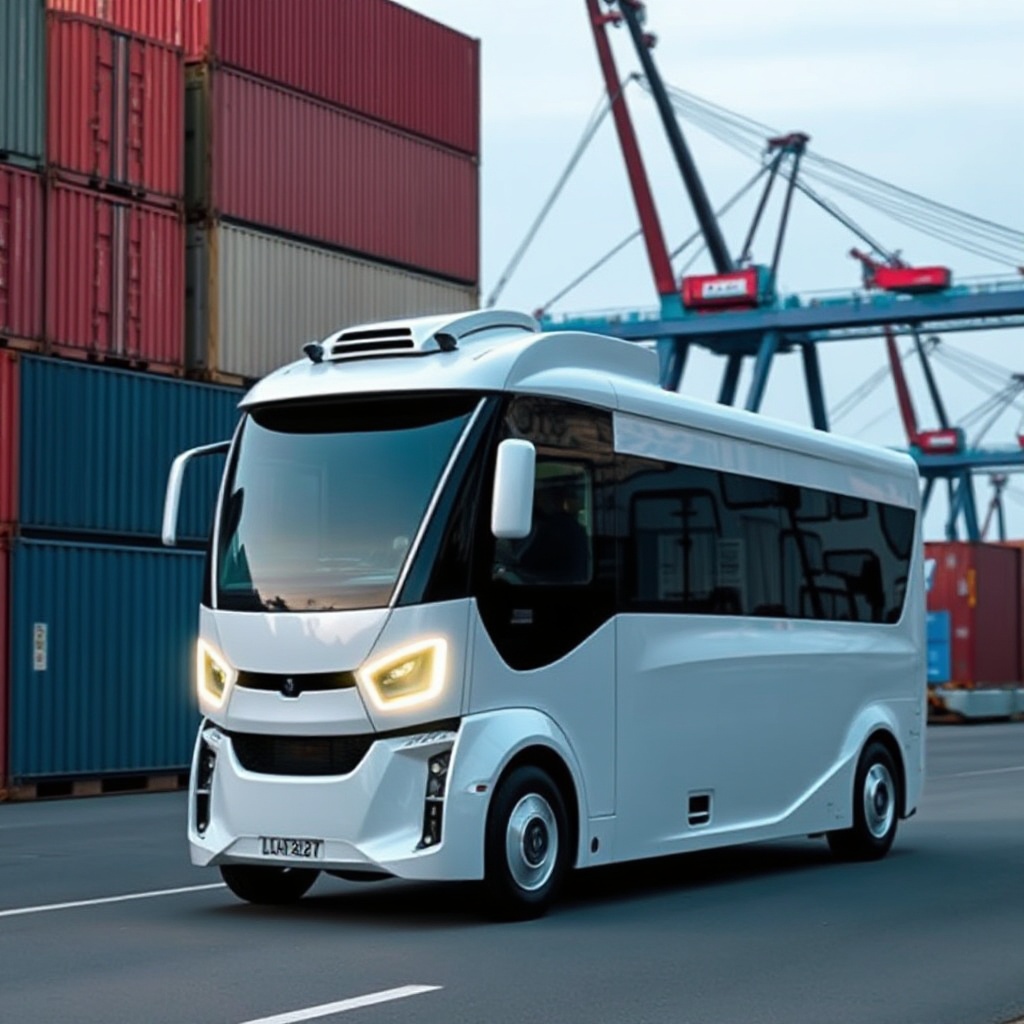
The Autonomous Revolution Arrives in Europe
In a landmark moment for global freight transportation, Einride has successfully deployed the first Level 4 autonomous truck on public roads in Belgium. This cabless electric heavy-duty vehicle now operates at the Port of Antwerp-Bruges, one of Europe's busiest logistics hubs. Unlike previous autonomous vehicle trials, this deployment represents full Level 4 autonomy—meaning the truck can operate without human intervention in specific conditions and environments.
The sleek, futuristic vehicle operates with AI-driven oversight via Einride's Control Tower, where remote operators monitor multiple vehicles simultaneously. Equipped with advanced sensors including radars, lidars, and cameras, these trucks maintain constant 360-degree situational awareness as they navigate complex port environments.
The Port of Antwerp-Bruges serves as a critical test site for scaling autonomous logistics across Europe. Its complex infrastructure, with numerous shipping containers, cranes, and traditional vehicles, provides an ideal proving ground for autonomous technology before wider deployment.
European Leadership in Autonomous Logistics Regulation
Europe has positioned itself at the forefront of autonomous vehicle regulation, with Belgium's approval of Level 4 autonomous trucks demonstrating particularly progressive policymaking. This regulatory approach creates a blueprint for similar harmonization across European nations, potentially accelerating adoption throughout the continent.
The deployment aligns perfectly with the EU's 2025 Industrial Action Plan, which promotes cross-border testbeds and automated freight corridors. Complementary frameworks like UNECE Regulation 157 on automated driving and Germany's legislation for Level 4 autonomy further support broader adoption.
The European Commission has recognized autonomous mobility's vital role in enhancing both competitiveness and sustainability. This recognition has led to ongoing investments in critical digital infrastructure and 5G networks that enable advanced autonomous operations.
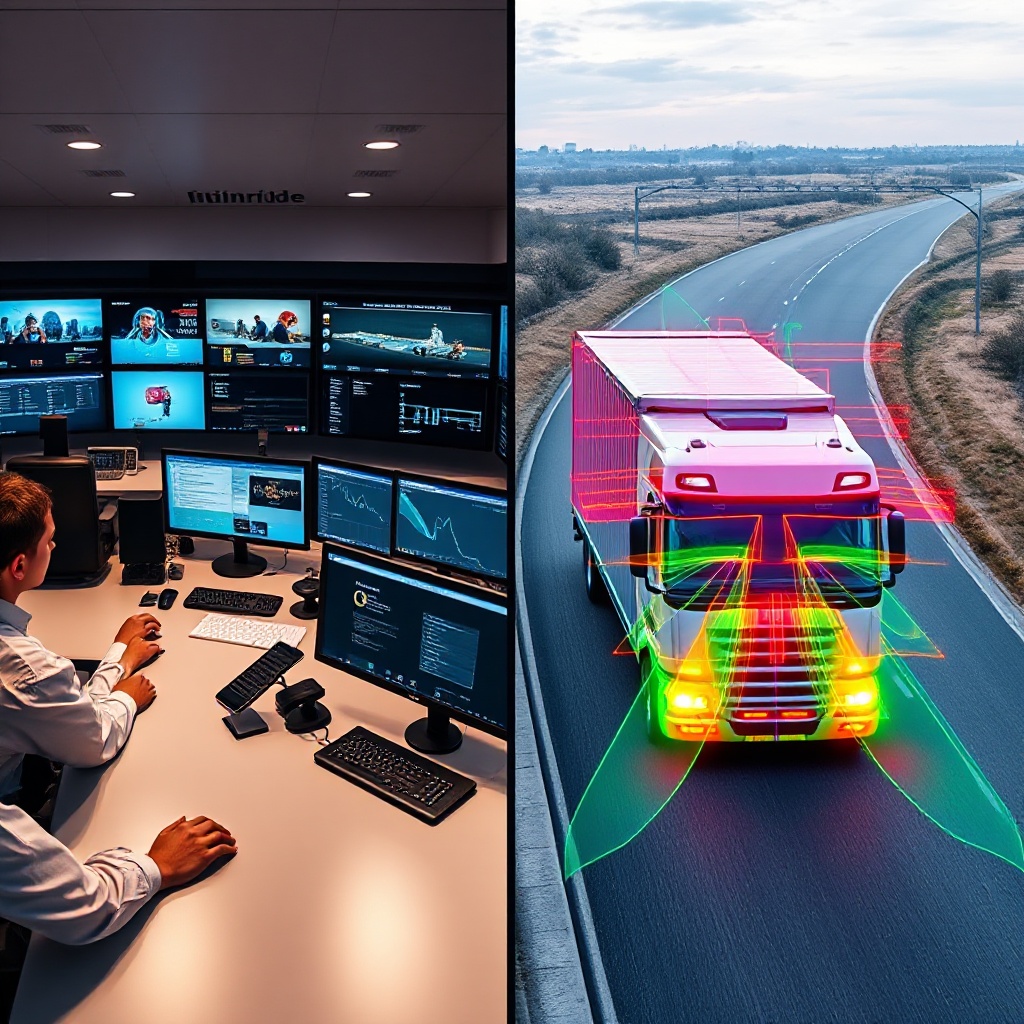
Supply Chain Efficiency and Cost Advantages
Einride's approach combines hardware innovation with sophisticated software solutions. Their proprietary Autonomous Drive Stack enables flexible integration across various vehicle platforms, while their SaaS platform manages fleet operations with unprecedented efficiency.
A study by the respected Fraunhofer Institute found that Einride's AI-driven planning system delivers an impressive 8-13% lower Total Cost of Ownership compared to conventional electrification. This cost advantage stems from optimized routing, coordinated charging schedules, and reduced labor expenses.
One of the most significant innovations is Einride's power reservation system, which increases charging infrastructure utilization by over 50%. This technological breakthrough resolves a critical bottleneck for electric fleets, ensuring vehicles can operate continuously with minimal downtime.
The efficiency gains extend to labor utilization as well. A single remote operator can oversee multiple vehicles simultaneously, substantially reducing operational costs while improving safety through constant professional monitoring.
Carbon Footprint Reduction and Zero-Emission Logistics
Einride's electric, autonomous trucks align perfectly with the EU's 2030 fully electric market target and broader European decarbonization mandates. By eliminating diesel engines, these vehicles produce zero tailpipe emissions, dramatically reducing the carbon footprint of freight operations.
The deployment at major ports like Antwerp-Bruges enables massive emission reductions in areas that traditionally suffer from high pollution levels due to constant diesel truck traffic. The environmental benefits extend beyond just carbon, including reductions in particulate matter and nitrogen oxides that contribute to poor air quality.
Supporting this zero-emission vision is Einride's expanding Smartcharger network and innovative power reservation system. Together, these technologies enable efficient, zero-emission operations at scale, addressing both the energy needs and the operational requirements of modern freight.
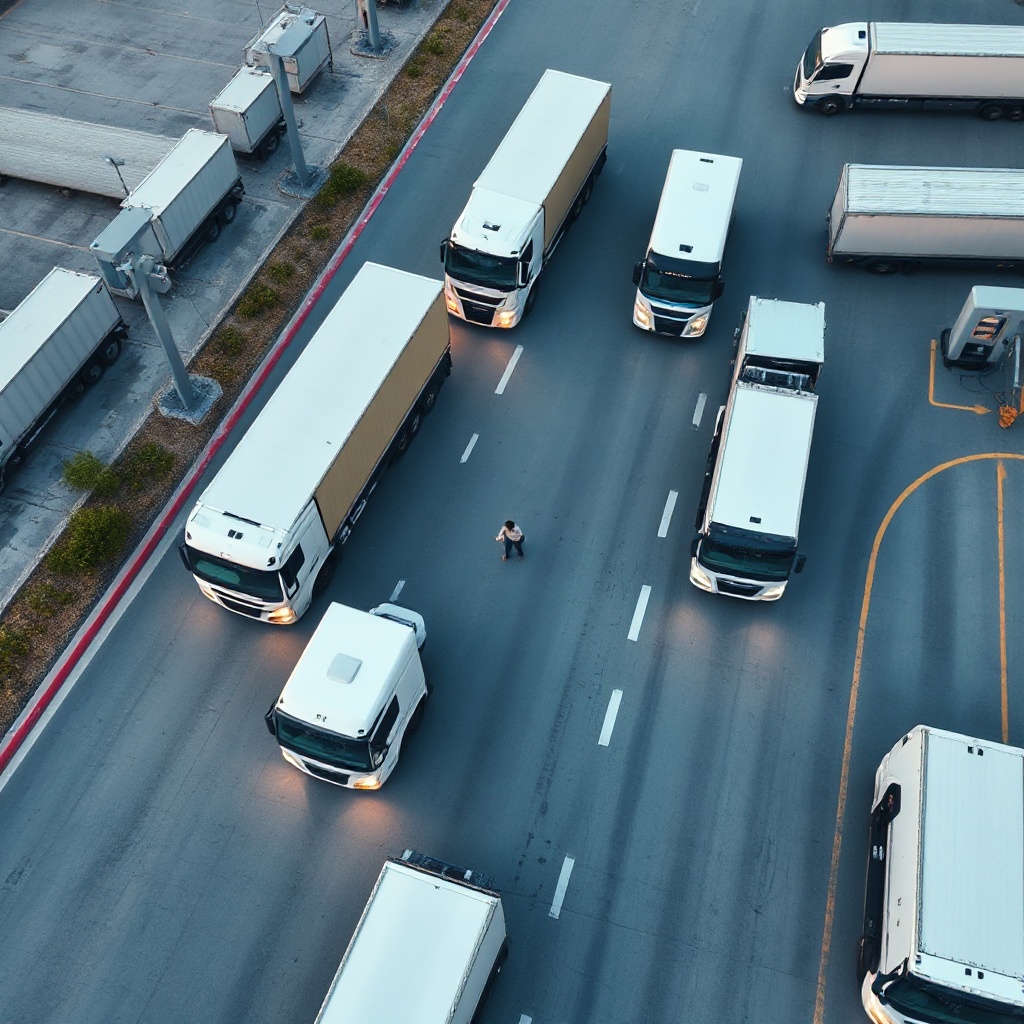
Addressing Europe's Truck Driver Shortage
Europe faces a severe and growing shortage of truck drivers, with tens of thousands of positions unfilled across the continent. Einride's Level 4 autonomous systems require less than one remote operator per vehicle, offering a tangible solution to this crisis without eliminating human oversight entirely.
Instead of eliminating jobs, automation allows labor to shift to oversight and support roles. These positions focus on higher-value tasks that leverage human judgment and problem-solving capabilities while leaving repetitive driving to autonomous systems.
This transition enhances workplace safety by minimizing driver exposure to hazardous road conditions and the health issues associated with long hours behind the wheel. The result is a more sustainable approach to freight logistics that addresses both labor shortages and worker welfare.
Einride's Market Position and Operational Scale
Einride currently operates one of the largest global fleets of heavy-duty electric trucks, servicing major corporations across Europe, North America, and the Middle East. This operational scale provides valuable real-world data that continuously improves their autonomous systems.
The company has shown impressive growth, with revenue doubling in 2024 to SEK 500 million and expectations to double again in 2025. However, financial stability remains a challenge, evidenced by a SEK 1.3 billion loss in 2023 and ongoing liquidity concerns typical of deep-tech companies in rapid scaling phases.
Despite these challenges, Einride continues to expand into new markets, including cross-border corridors and even defense logistics. These growth opportunities come with execution risks but demonstrate the company's ambition to transform global freight transportation fundamentally.
Global Impact and Industry Transformation
Europe's progress in autonomous supply chains is positioning the region as the global benchmark for automated, zero-emission freight. As European ports and logistics hubs adopt these technologies, they're establishing new standards that influence operations worldwide.
Beyond Antwerp-Bruges, testing is expanding to other major ports such as Felixstowe in the UK. This widespread pursuit of autonomy aims to reduce transshipment times, cut operational costs, and improve safety throughout the logistics chain.
The development of a European ecosystem for autonomous mobility involves regulatory harmonization, data sharing, and technological innovation. This collaborative approach creates a framework that can be adapted and implemented globally, accelerating the transition to autonomous freight worldwide.
Future Expansion and Technology Integration
Looking ahead, Einride's strategic focus includes the monetization of AI platforms and licensing opportunities for broader industry adoption. This approach could accelerate the transition to autonomous freight by making the technology accessible to more operators.
Charging infrastructure development remains critical for scaling electric autonomous fleets beyond initial deployment zones. The company's investment in Smartcharger networks and power reservation systems addresses this fundamental challenge for electrified logistics.
Perhaps most exciting is the potential integration with other autonomous modes such as drones and automated guided vehicles (AGVs). This could create seamless multimodal freight movement, further optimizing the entire supply chain from factory to final destination.
The collaborative framework between ports, logistics providers, and technology companies enables system-wide transformation that goes far beyond replacing individual trucks. This ecosystem approach has the potential to reinvent global freight logistics for decades to come.
Sources
ainvest.com - Einride: The Future of Sustainable, Autonomous Freight in Europe
trans.info - Port of Antwerp-Bruges Paves the Way for Driverless Trucks
moderndiplomacy.eu - Self-driving trucks: en route to transform Europe's freight sector
